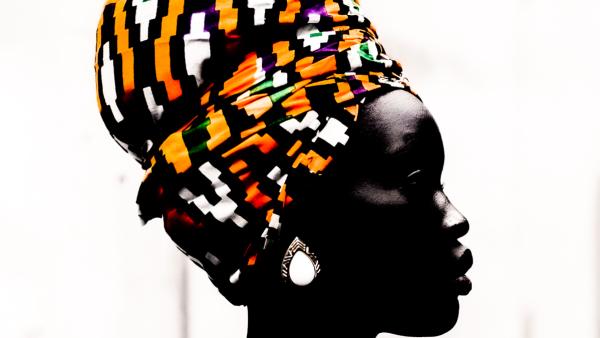Poet Claudia Rankine spoke to Anne about the loneliness of being Black in America, and how the social isolation of the pandemic woke Black Americans up.
Literature
In countries all over the world, rates of loneliness are skyrocketing. How did it become a condition of modern life?
Questions about identity, history, language, what should or should not be taught in school — these are all debates about confronting our past. Political theorist Adom Getachew says many of these issues were debated in Africa more than 60 years ago.
Kenyan literary scholar Simon Gikandi says you can’t understand the rise of European culture — or for that matter, the formation of the modern world — without also knowing how European thinkers demonized Africans and the very idea of "blackness."
Colonization in Africa was much more than a land grab. It was a project to replace — and even erase — local cultures. How can that be undone?
Ngugi wa Thiong’o — the renowned Kenyan author — believes African writers should write in their native language, not the colonial language of English or French. He says the best way to decolonize the mind is to reclaim native languages.
One of the first assumptions we make about a relationship is that it begins with sexual attraction. But what about desire without sex? Angela Chen explores the contradictions — and the possibilities — of asexuality in her new book.
Writers are used to working in isolation. So how are they responding to the COVID-19 lockdown? Ilan Stavans has edited an anthology of international writing to consider the question. Stavans himself says the pandemic has liberated him as a writer.








